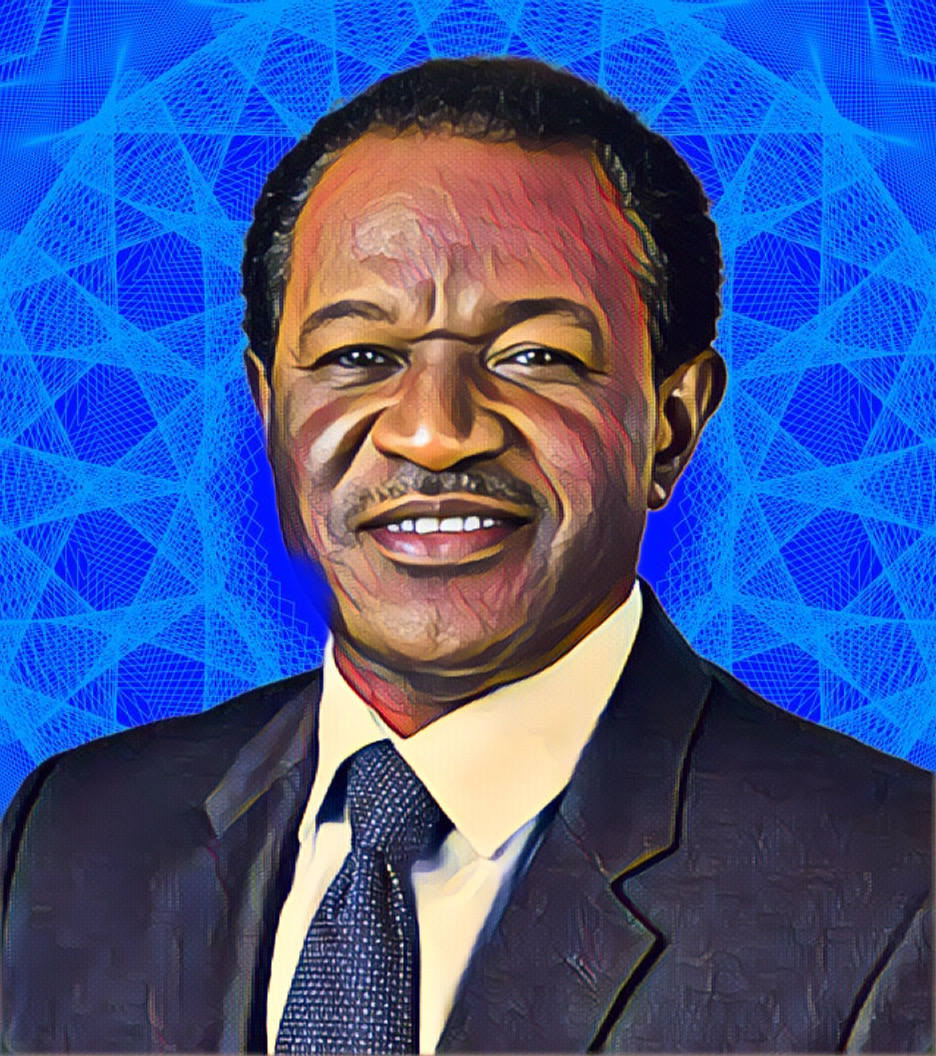KEY POINTS
- Over N10 billion has been disbursed to students across Nigeria.
- Special provisions are being made for disabled students and girls.
- The fund plans to disburse N90 billion for education costs.
Since the program started in August, the Nigerian Education Loan Fund has granted over N10 billion to successful applicants, according to Akintunde Sawyerr, managing director and CEO of the fund, who made this announcement on Wednesday.
Sawyerr dismisses concerns about discrimination in the student loan scheme
Sawyerr brushed aside worries that certain candidates would face discrimination under the student loan program.
At the National Assembly Complex in Abuja, he gave a speech at the first meeting of the Nigerian Education Loan Fund with the House of Representatives Committee on Student Loans, Scholarships, and Higher Education Financing.
Sawyerr assured the committee that the fund had taken into account the concerns of areas that had previously complained about marginalisation, especially the South East. He stated, “The fund has already disbursed over N10 billion and received over 350,000 applications, with a commitment to disburse N90 billion for stipends and tuition fees.”
“We are making special accommodations for students with impairments, and on average, over 1,000 applications are received every day. Furthermore, because we understand that preventing girls from pursuing higher education deprives the country of the opportunity to capitalise on their leadership potential, we are committed to removing obstacles to girls’ education.
Since 70% of Nigeria’s population is under 35, denying them access to education puts the country at risk for an unstable and violent future. The timing of President Bola Tinubu’s intervention could not have been more ideal. According to Sawyerr, the loan program is a long-term fix for Nigeria’s educational access issues.
Fund reaches out to marginalized regions and supports girl-child education
“The student loan program is one of the most significant policies that President Bola Tinubu’s administration has implemented,” he stated. It is spreading to all regions of the country, including the North, South, East, and West.
“This policy guarantees that all Nigerians, irrespective of their location or background, have access to education; it is inclusive and does not discriminate.”
It is comparable to historic initiatives like Chief Obafemi Awolowo’s free education program, Gen. Yakubu Gowon’s National Youth Service Corps, and the founding of federal colleges.
“The student loan program is equally progressive and represents an investment in our country’s future, just as these policies shaped Nigeria’s development.”
According to Punch, Gboyega Isiaka (APC-Ogun), the chairman of the committee, characterised the Nigerian Education Loan Fund as an essential organisation established to offer loans and build a future in which every Nigerian youngster has the chance to realise their full potential.
“For instance, we want to be able to tell ourselves where NELFUND will be in the next three to five years,” he said, urging the fund’s administration to take the initiative. How will it arrive there? And what problems must we solve to accomplish that?


